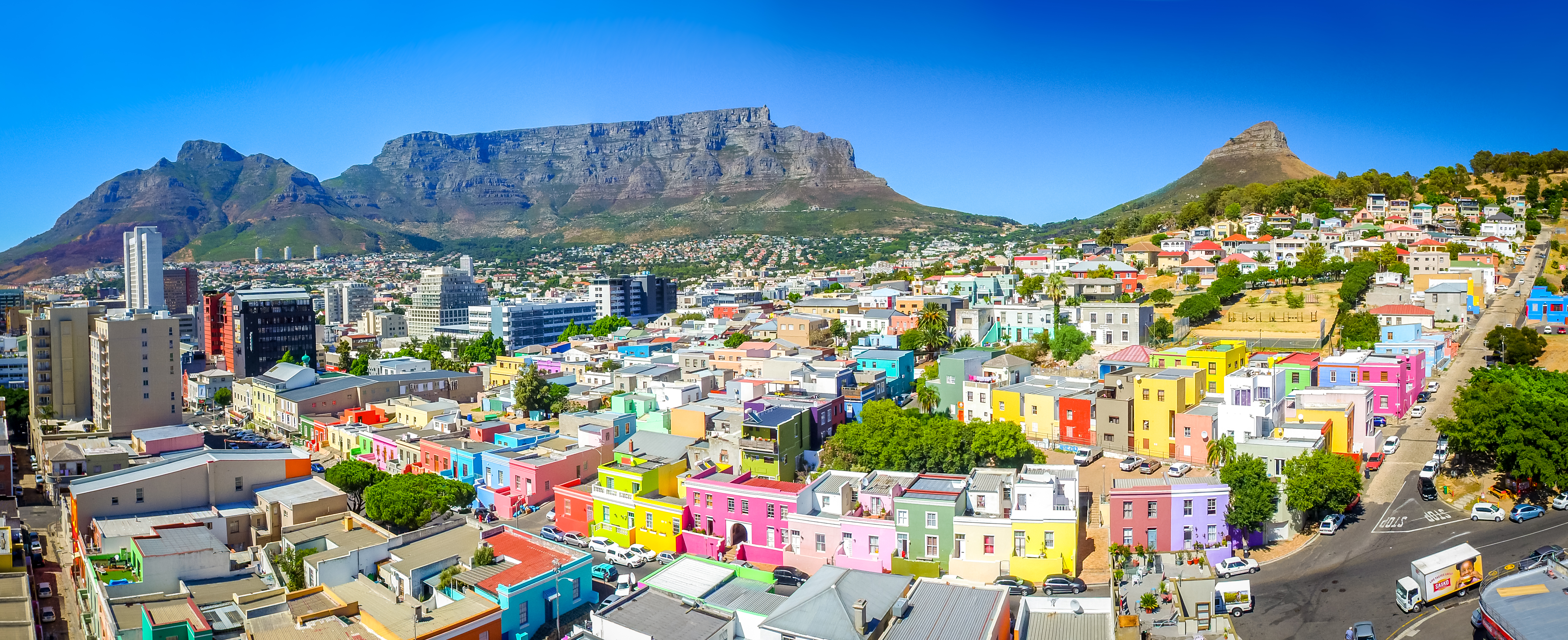In what is considered a victory for the community of Bo=Kaap, the City Council has approved the inclusion of the historic area in a heritage protection overlay zone (HPOZ). The HPOZ will become effective once published in the Provincial Gazette.
The decision comes after the City conducted a comprehensive public participation process about the proposal to include the Bo-Kaap area in an HPOZ. The process commenced on 18 January 2019 and concluded on 22 February 2019. This included a sector hearing where community-based organisations and the business sector made oral presentations. In the end, 2 298 comments were received of which 2 271 were in support of the proposal.
“Council’s approval marks a pivotal moment for the Bo-Kaap. Today, the City has officially committed to conserving the unique historical landscape and way of life in the Bo-Kaap by managing development in a sustainable and considered manner. Residents’ plight in getting the Bo-Kaap area included in an HPOZ has been ongoing for nearly four years,” said Mayor Dan Plato.
“I personally want to thank all of those who have persevered, and I want to commend those who have participated in the recent public participation process for their commitment and constructive contributions. The Bo-Kaap is entering a new chapter where residents and land owners can actively promote it as a heritage tourist destination to the benefit of the local community, as well as the broader Cape Town.”
The City said those who participated in the process want to protect the Bo-Kaap’s long-term sustainability as a cultural asset.
“By including the Bo-Kaap in an HPOZ we will ensure that this uniqueness is harnessed and promoted for future generations and visitors,” said the City’s Mayoral Committee Member for Spatial Planning and Environment, Alderman Marian Nieuwoudt.
The HPOZ for the Bo-Kaap extends to the Table Mountain National Park and includes the northern green verges to the northwest of Strand Street and includes Buitengracht between the intersections with Carisbrook and Strand Street.
The HPOZ will have an impact on all of those who own property in the Bo-Kaap, in particular as it relates to new developments, restorations, and the maintenance and alteration of properties.
Some of the HPOZ objectives are to: conserve the Bo-Kaap heritage by encouraging owners to retain and rehabilitate the existing residential buildings; to protect the streetscapes; to ensure that new developments and alterations to existing buildings complement the historic urban landscape and do not negatively impact the area’s heritage; to promote and protect public open spaces and pedestrian movement along the roads and lanes; and to promote the social and cultural traditions and practices where people live outwardly, on the stoeps and sidewalks.
The age and typology of the Bo-Kaap’s architecture are distinctive with the majority of properties being graded as conservation-worthy. Key among these are the bright coloured terrace houses that are iconic and characteristic of the Bo-Kaap. These houses, known as huurhuise, give visitors a glimpse of city living where boundary walls are mostly absent and neighbours and children are still mingling in the street.
“Now that the HPOZ has been approved, the community-oriented character of the Bo-Kaap must be protected. Going forward, property owners in the Bo-Kaap are expected to conserve the area’s historical character by doing alterations that are in keeping with the character and style of the building by retaining as many of the original and heritage characteristics as possible when altering or adding to a historical building; and by repurposing an old building instead of demolishing the structure,” said Nieuwoudt.
The ANC caucus in the city council has expressed its unhappiness, after its recommendations for the approval of the Heritage Protection Overlay Zone (HPOZ) were rejected. ANC Caucus spokesperson Khaya Yozi said they had key conditions, which were mandated by the Bo Kaap community on Tuesday 26 March 2019.
“Firstly, we wanted legal representation to be given to Bo-Kaap residents whose properties are affected by current construction developments. Secondly, we asked for a moratorium on all existing developments in Bo-Kaap. Thirdly, we wanted a special dispensation on rates and tariffs for Bo-Kaap residents,” he told VOC News.
The DA caucus rejected these recommendations.
VOC






 WhatsApp us
WhatsApp us 

